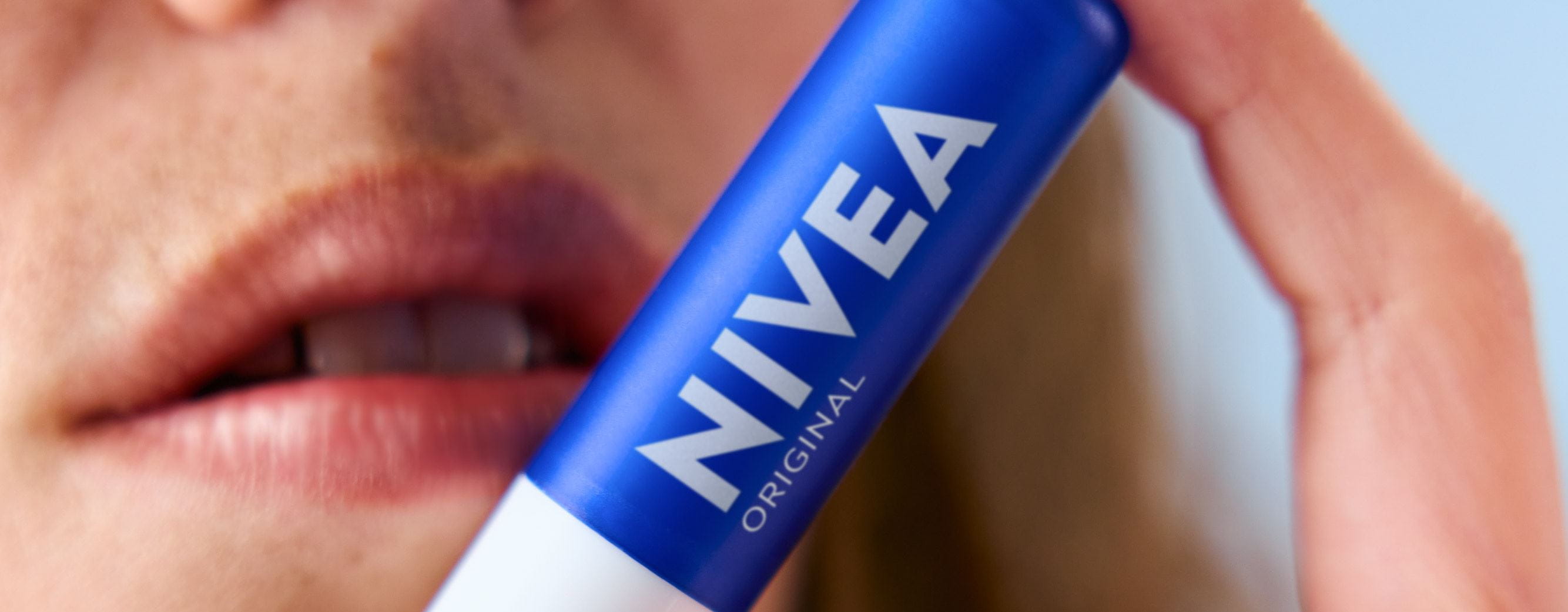
Chapped Lips: Causes and Treatment!
What are chapped lips?
What causes chapped lips?
The effects of cold weather on lips
The effects of sun exposure on lips
While most people are aware of the damage the sun can cause to the skin, fewer realize that it is also one of the chapped lip causes. Sun exposure can lead to dry lips by depleting the moisture in the skin and causing dehydration. Over time, UV rays from the sun can weaken the lips' barrier, making them more prone to chapped lips and even long-term damage such as hyperpigmentation or sunburn.
To protect your lips from the harmful effects of the sun, it’s important to use a lip balm with SPF. This creates a barrier that prevents UV rays from damaging the lips while simultaneously moisturizing them.